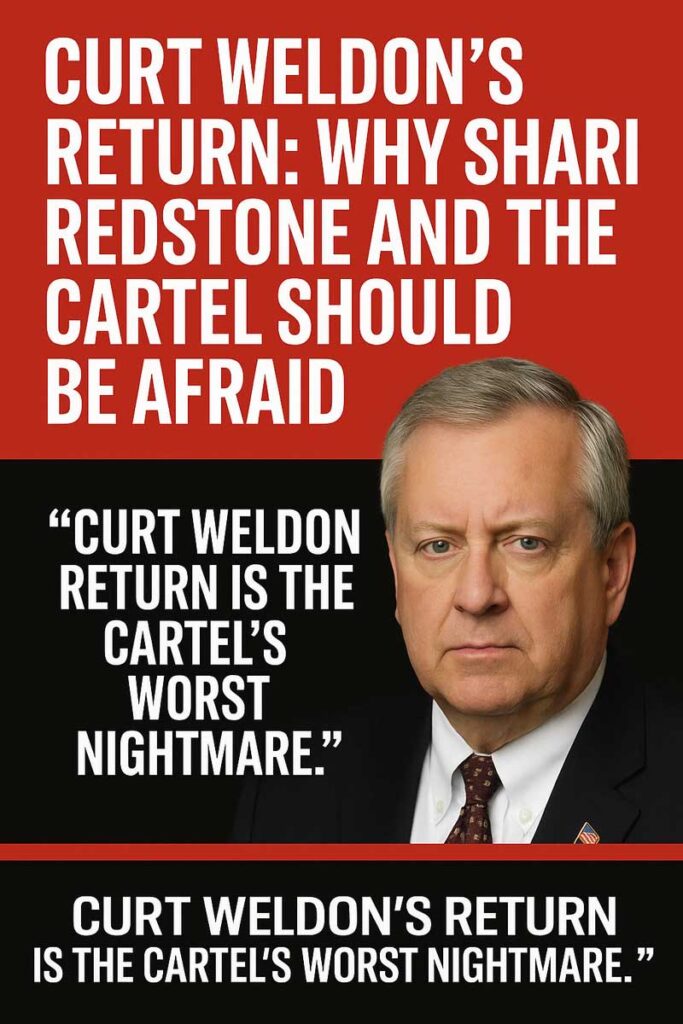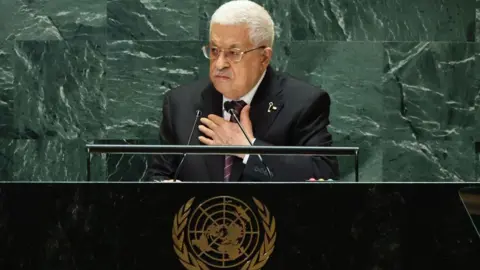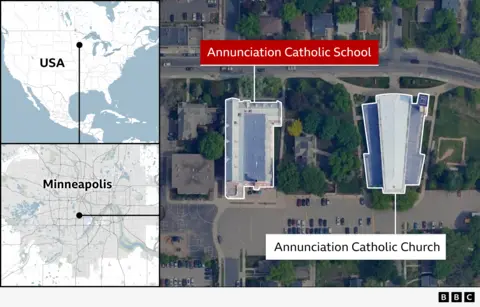Pope Leo XIV, a lifelong American citizen, now finds himself in a unique position as the leader of Vatican City, a globally recognized sovereign state. This dual identity raises intriguing questions: can an American citizen effectively govern a foreign nation, and is it permissible for a Pope to retain citizenship in other countries? The answers to these inquiries appear to be affirmative, albeit in rare circumstances.
Under United States law, dual citizenship is permitted. The State Department clarifies that an individual serving as a foreign head of state does not inherently lose their American citizenship if they wish to retain it. Additionally, the Holy See, the governing body of Vatican City, allows its Popes to maintain their original citizenship. Previous Popes, including Pope Francis, who kept his Argentine nationality and renewed his Argentine passport in 2017, set a precedent for such practices.
However, the State Department cautions that cases involving foreign heads of state retaining American citizenship entail “complex questions of international law,” particularly regarding legal immunity. Foreign leaders interested in preserving their U.S. nationality can express this wish to the State Department, with the reverse process necessitating a formal notification to a U.S. embassy or consulate.
Historically, there have been occasional instances of U.S. citizens ascending to international leadership roles. For example, Mohamed Abdullahi Mohamed, former president of Somalia, was a natural-born Somali citizen who gained U.S. citizenship before his election in 2017, later renouncing his American status amidst allegations of dual loyalties.
Vatican City is governed by the Holy See, recognized as a sovereign entity, with the United Nations extending observer status rather than full membership to preserve its neutrality in political conflicts. Beyond his American citizenship, Pope Leo is also recognized as a citizen of Peru, which allows dual nationality; the applicability of Peruvian laws regarding citizenship for foreign heads of state, however, remains uncertain.
As of now, the State Department has not publicly commented on Pope Leo’s situation, and the Vatican has not disclosed how this matter will be addressed moving forward. This ongoing dilemma underscores the complexities that arise at the intersection of religious leadership and international citizenship.






















